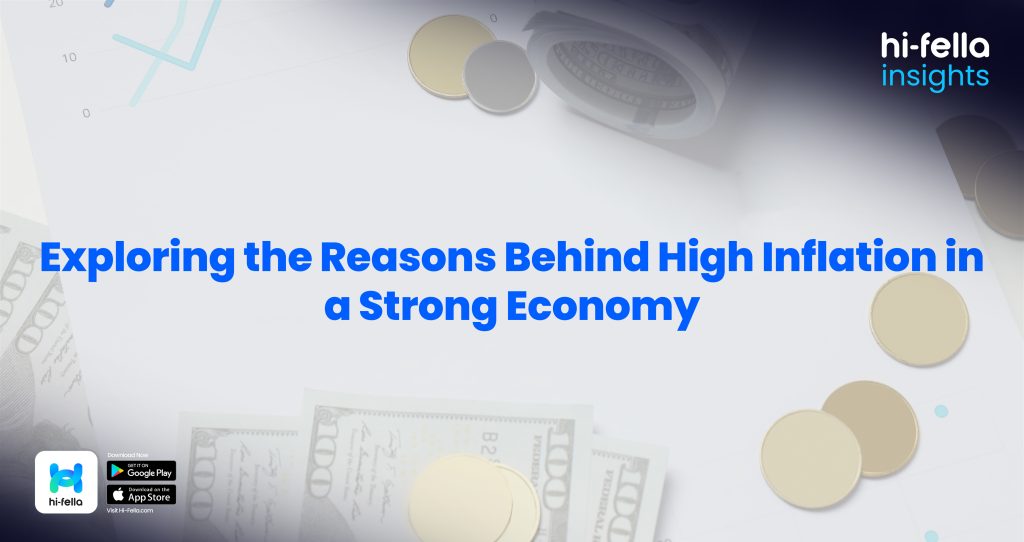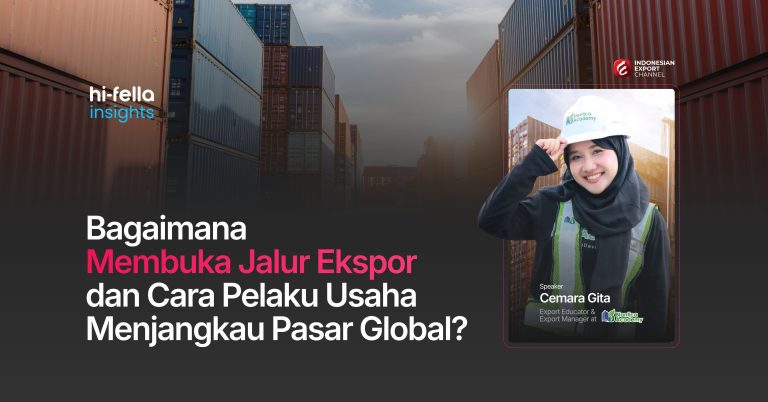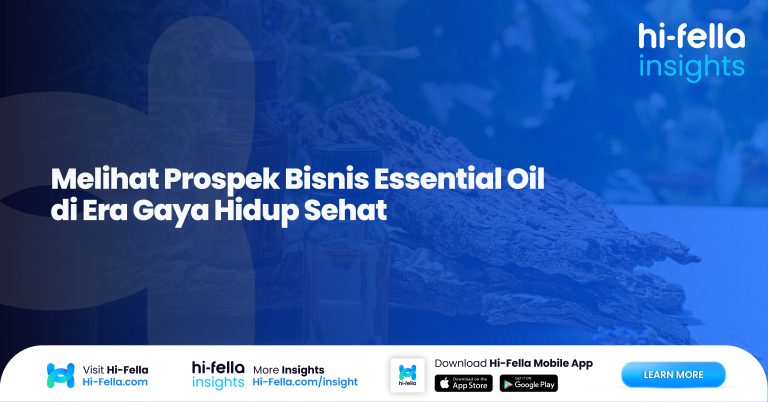Have you ever wondered why inflation is so high when the economy is good? It might seem strange, but when people are spending more and businesses are growing, prices often go up too.
This happens because of things like higher demand for goods and rising costs for businesses. Let’s take a closer look at why this happens and how you can manage its impact!
Introduction: The Paradox of High Inflation in a Growing Economy

Source: The Financial Express
It might seem strange, but inflation can stay high even when the economy is doing really well. Usually, a strong economy means people have more jobs, higher incomes, and are spending more money. But these same things can also cause prices to go up.
When people spend more, businesses struggle to keep up with demand, which pushes prices higher (this is called demand-pull inflation). At the same time, businesses may face higher costs for wages or materials, which leads them to raise prices too (this is cost-push inflation).
On top of that, global issues like supply chain problems or higher oil prices can make things even more expensive. While central banks try to control inflation by raising interest rates or adjusting the money supply, these changes don’t always work right away.
According to Statistics Indonesia, Indonesia’s annual inflation rate dropped to 1.55% in November 2024, the lowest since July 2021, but slightly above the expected 1.5%. This is within the central bank’s target of 1.5–3.5%.

Demand-Pull Inflation: Rising Consumer Demand and Limited Supply
One key reason why inflation is so high when the economy is good is demand-pull inflation. In a booming economy, people tend to have more money to spend, leading to increased demand for goods and services.
When businesses can’t produce enough to meet this demand, prices go up. For example, if consumers are buying more cars or electronics than factories can produce, shortages occur, and sellers raise prices.
This imbalance between high demand and limited supply is a major factor that can cause inflation during times of strong economic growth.
Cost-Push Inflation: Supply Chain Issues and Rising Production Costs
There are various theories about why inflation is so high when the economy is good, from supply chain disruptions to high demand.
Supply chain disruptions and higher production costs can also drive inflation. When the cost of raw materials, energy, or transportation rises, businesses often pass these costs on to consumers.
Recent global supply chain challenges have shown how these issues can escalate prices, even during strong economic growth.
Statistics on the Impact of Demand-Pull and Cost-Push Inflation on Different Sectors
Based on C2FO, Inflation impacts sectors differently:
- Wholesale Trade and Construction
These industries are hit hard by rising costs for materials and supplies, which makes prices go up for customers.
- Food and Accommodation
Higher demand and increased costs to run these businesses lead to noticeable price increases.
Role of Central Banks: Monetary Policy, Interest Rates, and Inflation Control
Central banks play a crucial role in managing inflation through monetary policy. During economic growth, central banks may:
- Raise interest rates to curb excessive spending.
- Tighten money supply to reduce inflationary pressures.
However, these measures can take time to impact the economy and may inadvertently slow growth. Striking the right balance is a constant challenge for policymakers.
Wage Inflation: Increased Wages and Its Impact on Prices
In a thriving economy, businesses often face pressure to raise wages to attract and retain talent. While higher wages benefit workers, they can also lead to inflation. For example:
- Businesses may increase prices to offset higher labor costs.
- Consumers with higher incomes spend more, further driving demand-pull inflation.
Wage inflation is particularly pronounced in sectors experiencing labor shortages.
Global Factors: External Influences on Inflation During Economic Growth
Inflation isn’t just a domestic issue; global factors often play a significant role. These include:
- Currency fluctuations, which can increase the cost of imported goods.
- International trade policies, such as tariffs, that raise prices for consumers.
- Geopolitical tensions, which disrupt global supply chains and drive up costs.
Strong economies are not immune to these external influences, making inflation a complex issue to manage.
How Businesses Can Adapt to Inflationary Pressures

Source: BusinessFoundations
Inflation can make it harder for businesses to manage costs and stay competitive, but there are ways to adapt:
1. Review and Cut Costs
Take a close look at your expenses. Are there ways to save money, like finding cheaper suppliers or cutting unnecessary spending? Small changes can add up to big savings.
2. Raise Prices Carefully
If you need to increase your prices, do it in small steps. Explain to your customers why prices are going up, and they will understand if you’re honest about rising costs.
3. Work With More Suppliers
Don’t depend on just one supplier. Having options can help you find better deals and avoid problems if one supplier raises prices.
4. Make Your Business More Efficient
Look for ways to work smarter. For example, using better technology or improving your processes can help lower your costs and save time.
5. Keep Your Customers Happy
Focus on giving your customers good value for their money. This could mean offering great service, quality products, or small perks to show you care. Happy customers are more likely to stick with you, even if prices go up.
6. Protect Your Business From Inflation
Use tools like fixed-price agreements with suppliers to lock in prices and avoid surprises. You can also explore investments that perform well when inflation is high.
By staying flexible, planning ahead, and focusing on what your customers need, your business can adapt to inflation and continue to succeed.
Managing rising costs can be tough, but Hi-Fella makes it easier. Our export-import platform connects you with reliable suppliers and buyers, helping you find the best deals and cut expenses.
Whether you’re looking to source affordable materials or expand your market, Hi-Fella gives you the tools to stay competitive in any economy. Join Hi-Fella today and take control of your business costs!








